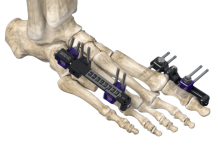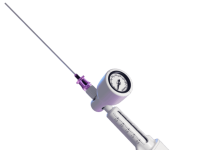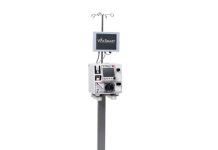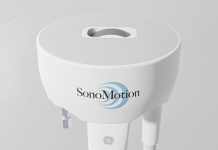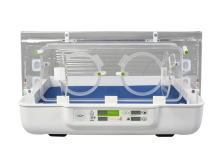Paradromics received FDA investigational device exemption (IDE) to begin a study of its brain-computer interface (BCI). The FDA nod enables the company to start Connect-One, an early feasibility study (EFS) for the Connexus BCI system. Austin, Texas-based Paradromics says it marks the first IDE approval for speech restoration with a fully implantable BCI.
Connexus has the potential to help patients communicate after losing the ability to speak and control computer devices. It translates recorded brain signals into actionable health data. Initial focus centers around restoring independent communication through digital devices. It targets individuals living with spinal cord injuries, stroke, or ALS, a motor neuron disease.
Related: EDAP wins FDA nod for its Focal One robotic high-intensity focused ultrasound system
The IDE follows several milestones this year as the company set up investigators for the trial throughout 2025. In June, Dr. Matthew Willsey, a neurosurgeon who holds dual faculty appointments in Neurosurgery and Biomedical Engineering at the University of Michigan, and his team demonstrated that the Paradromics Connexus BCI can be safely implanted in a human, record brain signals, and be removed intact in less than 20 minutes.
“In Q1 next year we are launching a clinical study with the best engineered brain computer interface in the world,” said Paradromics’ CEO and founder, Matt Angle. “This is the device that patients deserve.“
Paradromics says the FDA’s green light to begin its study marks an opportunity to give patients a way to control a computer and communicate via text or synthesized speech to recover connection.
Connect-One will initially enroll two participants. Subjects have impaired speech and limited extremity movement (upper and lower) due to severe loss of voluntary motor control. The company said the subjects will live within four hours of three clinical sites: UC Davis in Sacramento, California, Massachusetts General Hospital in Boston, and the University of Michigan in Ann Arbor, Michigan.
“The Connect-One Study marks a new peak for neurotech development, building on a decades-long foundation of rigorous academic studies using research-grade BCI technology,” said Dr. Stephen Ryu, M.D., Paradromics’ Chief Medical Officer. “Our first human trial will allow us to demonstrate the unmatched performance, safety, and reliability of our high-bandwidth BCI to help overcome human limitations.” Dr. Ryu, a board certified neurosurgeon, is the Chair of Neurosurgery at the Palo Alto Medical Foundation and holds adjunct professorships in Electrical Engineering and Neurosurgery at Stanford University.


